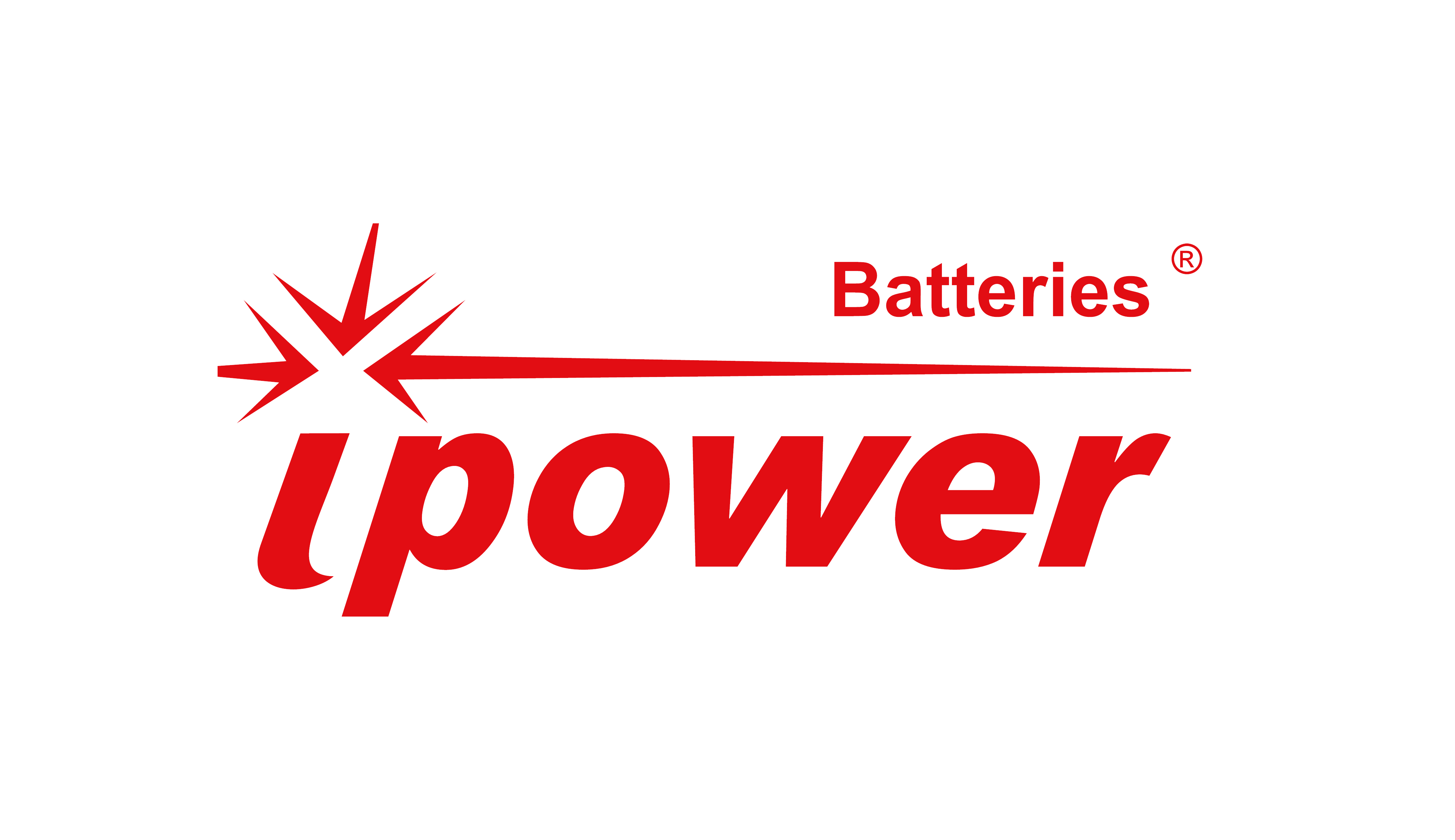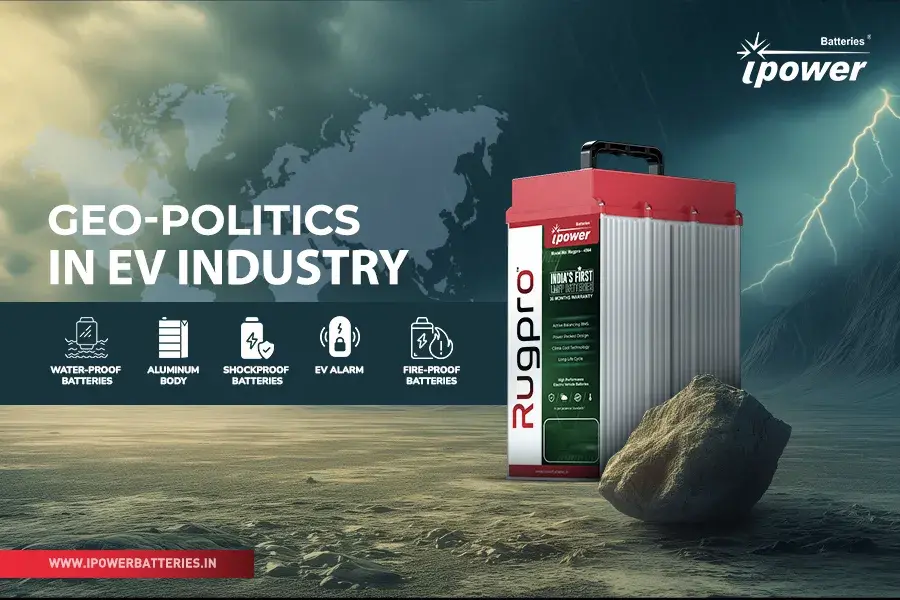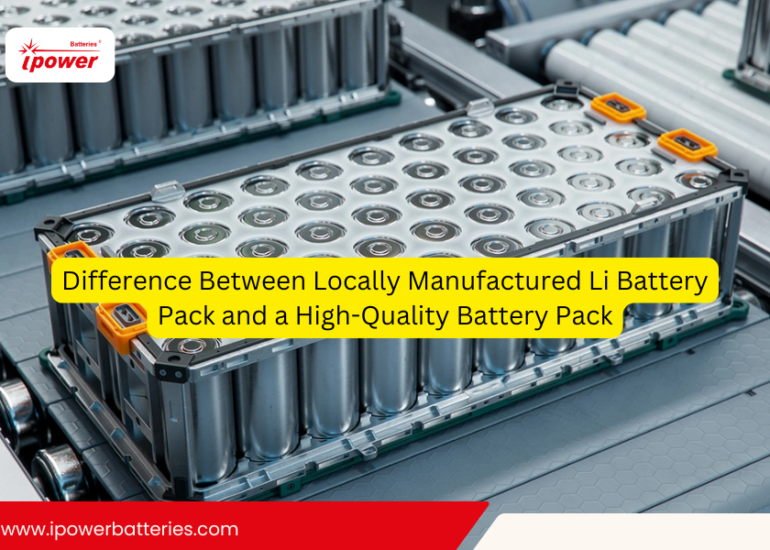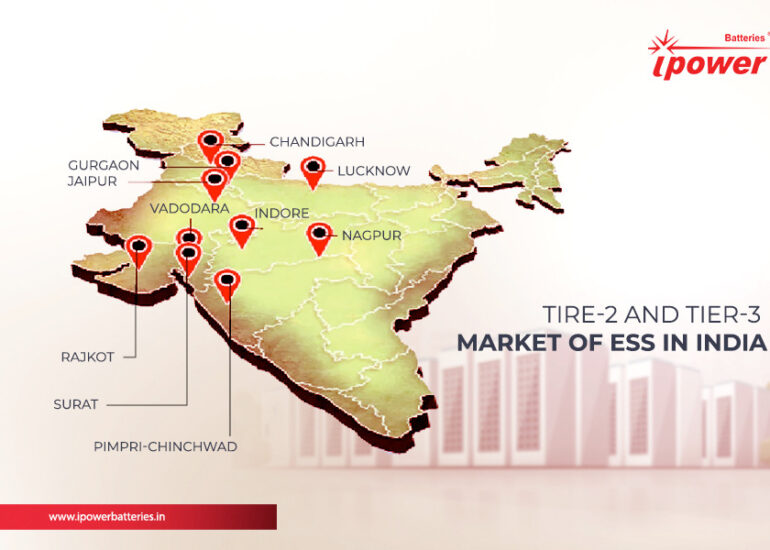The transformative shift toward sustainable transportation has elevated electric vehicles (EVs) to a pivotal role in the global automotive market. This evolution is underpinned by advancements in battery technology and electric motors, which are heavily reliant on a suite of critical minerals. However, the supply chains for these essential components are intricately woven into the fabric of global geopolitics. The control, trade, and accessibility of these minerals are influenced by international relations, trade policies, and territorial disputes, making geopolitics a significant factor in the sustainability and growth of the EV industry.
The Critical Minerals for EV Manufacturing
Electric vehicles depend on several key minerals for their battery systems and electric motors:
Lithium: Known for its high energy density, lithium is pivotal to modern battery technology, enabling EVs to achieve longer ranges.
Cobalt: This mineral enhances battery longevity and energy density, critical for the performance and reliability of EV batteries.
Nickel: Vital for its role in increasing battery capacity, nickel allows for greater energy storage, extending vehicle range and efficiency.
Rare Earth Elements: Essential for the powerful magnets in electric motors, these elements contribute to the efficiency and performance of EVs.
These minerals are not evenly distributed across the globe, leading to strategic dependencies and competition among nations.
Geopolitical Factors Influencing the EV Mineral Supply Chain
The geopolitics of mineral supply chains for the EV industry is a complex interplay of factors:
Territorial Control: Countries that possess large reserves of these minerals wield significant influence over the global supply, potentially leveraging this for economic or political advantage.
Trade Policies: Import tariffs, sanctions, and trade agreements can dramatically affect the availability and cost of critical minerals, influencing the entire EV market.
Political Stability: The supply of minerals such as cobalt from regions like the Democratic Republic of Congo is fraught with challenges related to governance, ethical sourcing, and political instability, impacting global supply chains.
Case Studies: Geopolitical Impact on Mineral Supply
The Democratic Republic of Congo (DRC) and Cobalt: The DRC, accounting for a substantial portion of the world’s cobalt, exemplifies the risks associated with geopolitical instability. Issues of child labor, conflict mining, and political turmoil pose ethical and supply chain risks for EV manufacturers.
The Lithium Triangle (Argentina, Bolivia, Chile): These three South American countries hold vast reserves of lithium. Geopolitical dynamics, including resource nationalism and regulatory changes, significantly impact the global lithium market.
Strategies to Mitigate Geopolitical Risks
To navigate these geopolitical challenges, the EV industry employs several strategies:
Diversification of Supply Sources: Expanding the geographical base of mineral sourcing reduces dependency on any single region, mitigating risk.
Investment in Alternative Technologies: Research into new battery technologies that use more abundant or ethically sourced materials can decrease reliance on contentious minerals.
International Cooperation: Collaborative agreements between countries and companies can help stabilize supply chains, ensuring ethical and consistent access to necessary resources.
Future Outlook and Implications for the EV Industry
As the demand for EVs continues to grow, the competition for critical minerals will intensify. This may lead to strategic alliances and increased geopolitical tensions over access to these resources. However, it also offers an opportunity for innovation in battery technology, potentially reducing reliance on specific minerals and mitigating geopolitical risks.
The intersection of geopolitics and the EV industry, particularly concerning the supply of critical minerals, is a complex yet crucial area for the future of sustainable transportation. Understanding these dynamics is essential for industry stakeholders and policymakers to navigate the challenges ahead. As the EV market evolves, so too will the strategies to manage geopolitical risks, ensuring the resilient and ethical supply of the minerals that power the green vehicles of tomorrow. The road ahead is as much about navigating political landscapes as it is about advancing technology, underscoring the multifaceted nature of the transition to electric mobility.





